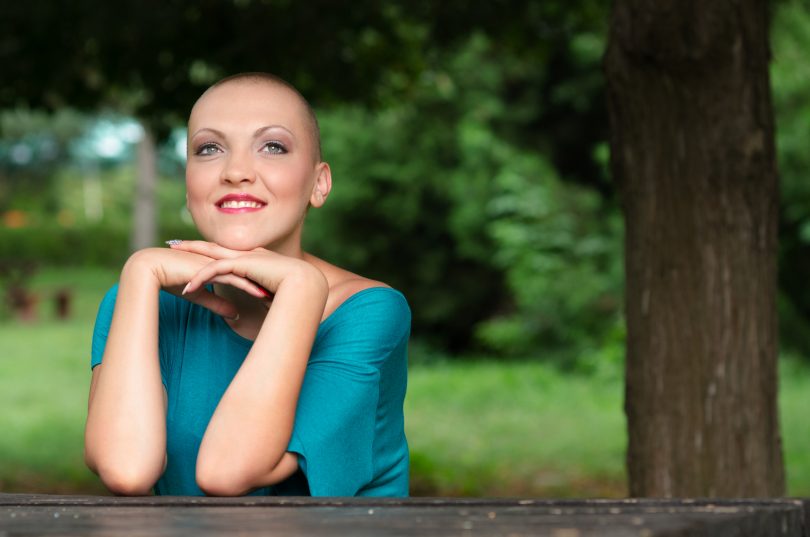The doctors found your cancer in time. You’ve completed treatment and now join 8 million other Americans who’ve outlived cancer, but you wonder: How physically and emotionally difficult is survival? And how limited might my new life be? It’s true — survival changes your life. But it’s also an opportunity for personal, work-related and spiritual growth. There are keys to surviving successfully and making the most of your new life.
“Completing cancer treatment is a great milestone in a cancer patient’s life,” said Karen Ryan, nurse navigator manager and gynecology nurse navigator at the Georgia Cancer Center at Augusta University.
“Although life as they once knew it may have changed, how they proceed forward is significant in continuing to win their fight against cancer.”
Safeguard your health. Begin with:
- Regular checkups. Keep your follow-up appointments faithfully.
- Alertness. Know the warning signs of cancer’s return. Report any suspicious symptoms to your doctor immediately.
- Vigilance. Get regularly scheduled screenings for other cancers — not just the one you survived.
- Acceptance. Help your own cause by accepting change, especially those affecting diet, weight and sleep.
- Motion. Exercise if possible. Ask your doctor for guidelines.
“Survivors’ chances of remaining disease free increase with recommended surveillance by their oncologists and taking care of both their mental and physical well-being,” Ryan said.
Make your feelings known
Discuss your emotions with loved ones, counselors, friends and other survivors.
“It is important for cancer survivors to get the emotional support they need,” said Brittany Frankhouser, a nurse practitioner and survivorship coordinator at the Georgia Cancer Center. “This can be accomplished through a support group, family support, support from church and counseling. Discovering the ‘new normal’ is daunting, and patients don’t have to go through that alone.”
Other practical ideas:
- Survive one day at a time. As you do, your emotional upheaval will subside.
- Recognize signs of survivor stress. Set priorities, and do things you enjoy but pace yourself, too.
- Know when to say “no” to others and to yourself.
- Live like a survivor, not a shut-in. Attend support meetings, worship services or health lectures.
- Rediscover intimacy. If your love life presents challenges, discuss them with your doctor or counselor.





